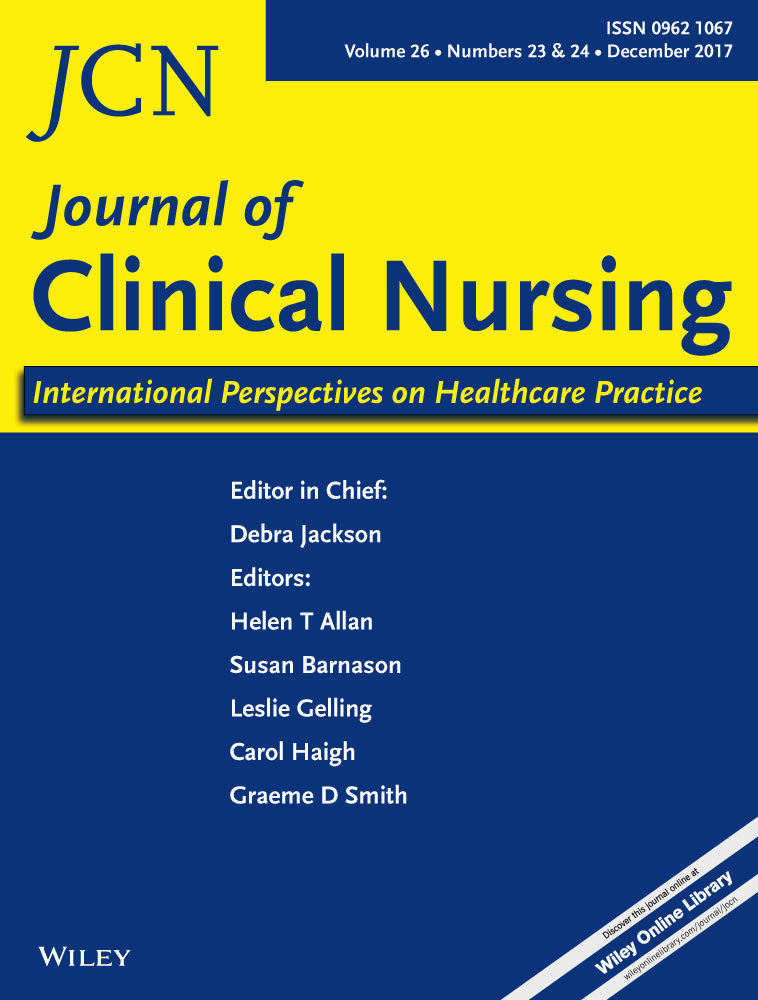Improving support and education of low-income baby boomers diagnosed with chronic hepatitis C virus infection through universal screening
Funding information:
Financial support for this study was provided by grants from the Centers for Disease Control and Prevention (CDC PS12-111209PPHF12) and the Cancer Prevention & Research Institute of Texas (PP150079). The funding sources had no role in the design and conduct of the study; collection, management, analysis, and interpretation of the data; preparation, review, or approval of the manuscript; and decision to submit the manuscript for publication. The project described was supported by the National Center for Advancing Translational Sciences, National Institutes of Health, through Grant KL2 TR001118. The content is solely the responsibility of the authors and does not necessarily represent the official views of the NIH.
Abstract
Aims and objectives
To identify support needs of low-income baby boomers recently diagnosed with chronic hepatitis C virus infection.
Background
The U.S. Preventive Services Task Force has endorsed one-time screening of all baby boomers (born 1945–1965) for hepatitis C because 75% of the estimated 2–3 million persons with chronic infection are in this age range. We hypothesised that persons diagnosed by routine screening would have significant psycho-emotional, cognitive and healthcare challenges that need to be met by collaborative care and services from nurses and other healthcare personnel.
Design
Qualitative descriptive study of data from three focus groups with predominantly minority participants (N = 16). Data were analysed using qualitative content analysis, and transcribed data were categorised by three domains in a previously developed model and a new domain identified in this study. Frequencies of unique participants’ comments about each theme were calculated.
Results
Elucidated domains were as follows: (i) psycho-emotional effects due to social stigma, shame, fear and dealing with risky behaviours; (ii) social effects due to concerns about infecting others; and (iii) cognitive deficits because of poor understanding about hepatitis C virus infection and its care. A new domain related to health care emerged reflecting the following themes: poor access to care, barriers to costly treatment, and navigating complex care for comorbidities. Despite these challenges, participants strongly endorsed universal baby boomer hepatitis C virus screening.
Conclusions
This study describes psycho-emotional and social challenges of people dealing with a hepatitis C diagnosis which are compounded by poor knowledge and barriers to supportive care.
Relevance to clinical practice
Nursing and other allied health personnel require structured support programmes to assist older persons diagnosed with hepatitis C with addressing these common challenges with the ultimate goal of achieving a cure.




